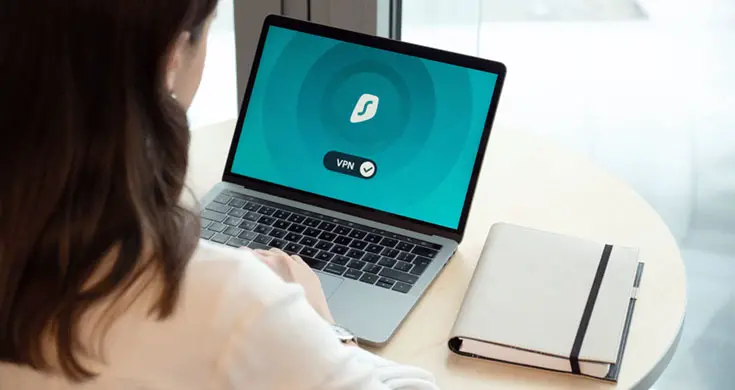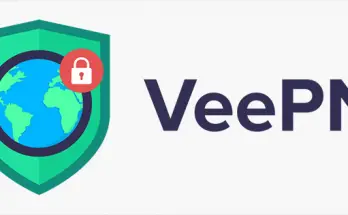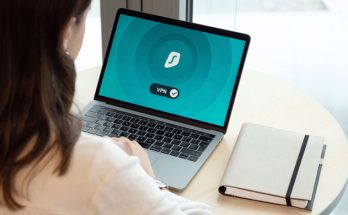If you're an avid reader of our blog, you'll most likely already know what is a VPN, since we've talked a lot about these services in the past. To quickly summarize the concept for those who don't know it yet, let's just say that a VPN (acronym for Virtual Private Network) is a connection method that extends a private network across a public network and enables the conneting users to send and receive data as if their computing devices were directly connected to the private network itself. This basically means that you can use a VPN to perform two main tasks:
- Securely remote access a Local Area Network (LAN), for example a company network.
- Securely and anonymously access the World Wide Web, circumventing geo-restrictions, avoiding censorship and/or masking your connection endpoints.
Both scenarios are actually using the same technology to achieve different goals. That said, when we talk about online VPN services, we almost always refer to the latter of the above bullet points: a cloud-based service offering access to their VPN servers and proprietary security algorythms to allow their users to securely and anonymously surf the web in exchange of a monthly or annual fee.
VPN Services Features
Here's a list of the most common features of a typical VPN service, as pointed out by dedicated informative websites such as VPNSurfers:
- Security Protocols. The main task of a VPN service is creating a tunnel to transmit your data to VPN servers securely. Such tunnel is created using one or multiple industry-standard security protocols (such as IKEv2/IPsec, OpenVPN and the likes). Most of these protocols have their pros and cons,.
- Military Grade Encryption. In addition to the encryption granted by the security protocol explained above, most VPN feature an additional level of encryption (often using proprieraty algorythms): this grants a further level of security, avoiding that new vulnerabilities found in those protocols could allow hackers or other malicious parties to access your data in-transit.
- Anti-Malware. Most VPN Servers have additional security features that automatically block certain threats (such as malware or phishing): these features basically acts just like an antivirus + a firewall IPS system.
- Custom DNS. Most VPN servers allow their users to add their own custom DNS servers to be used instead of NordVPN’s DNS servers.
- Kill Switch. The Kill Switch is a life-saver feature of any good VPN service: such function provides the automatic shutdown of one or more applications (or the internet connection, or even the entire PC) whenever the VPN connection ends for any reason. It essentially acts as a safety net that will protect the transmitted data against accidental disclosure in case of connection problems.
- Obfuscated Servers. This feature, when available, can be used to use the VPN service from restricted locations.
Free VPN Services
As we can easily guess, having access to a VPN distribuited infrastructure with security altgorythms, military-grade encryption and anonymization protocols is tipically not free: most VPN services charge their users with a monthly or annual fee which may vary from 2 EUR/month to 10 EUR/month, depending on the offered features.
Luckily enough, there are a number of VPN services that offers a free trial plan, meaning that anyone can test their services without having to buy anything.
Here's a list of all the VPN Services offering free trial plan that we know of:
- ProtonVPN. The first recommended choice is ProtonVPN, a swiss VPN service that offers a 100% free (yes, you've read it right: free!) basic plan with no data or speed limits, no advertisements and no activity log.
- ExpressVPN. Awarded as "most popular VPN of 2021", mostly because of its very affordable pricing plans, ExpressVPN offers a 30-day free trial without significative usage limits.
- IPVanish VPN. With servers in more than 75 regions worldwide and a variety of security protocols to choose from, IPVanish offers a refund policy that can be used to achieve a 30-day free trial.
- SurfShark. A VPN service company located in the Netherlands. Surfshark offers products such as a VPN service, a data leak detection system, and a private search tool.
- CyberGhost. A 24-hour free trial and 45-day money back guarantee allows any user to try this neat service for free: we're talking about one of the most secure services available nowadays, featuring 256-bit encryption and a range of protocols, including OpenVPN, WireGuard, and IKEv2
- PrivateVPN. Labeled as "The Fastest Growing VPN Worldwide", PrivateVPN is a rather new VPN services that aims to expand its business through a great pack of features and an aggressive trialware policy: a full 30-day money-back guarantee that allows anyone to try it.
Conclusions
That's it, at least for now: we sincerely hope that this post can help most users, as well as System Administrators, to find their favourite VPN Service with an affordable pricing tier and the optimal feature list for their own specific scenario.



